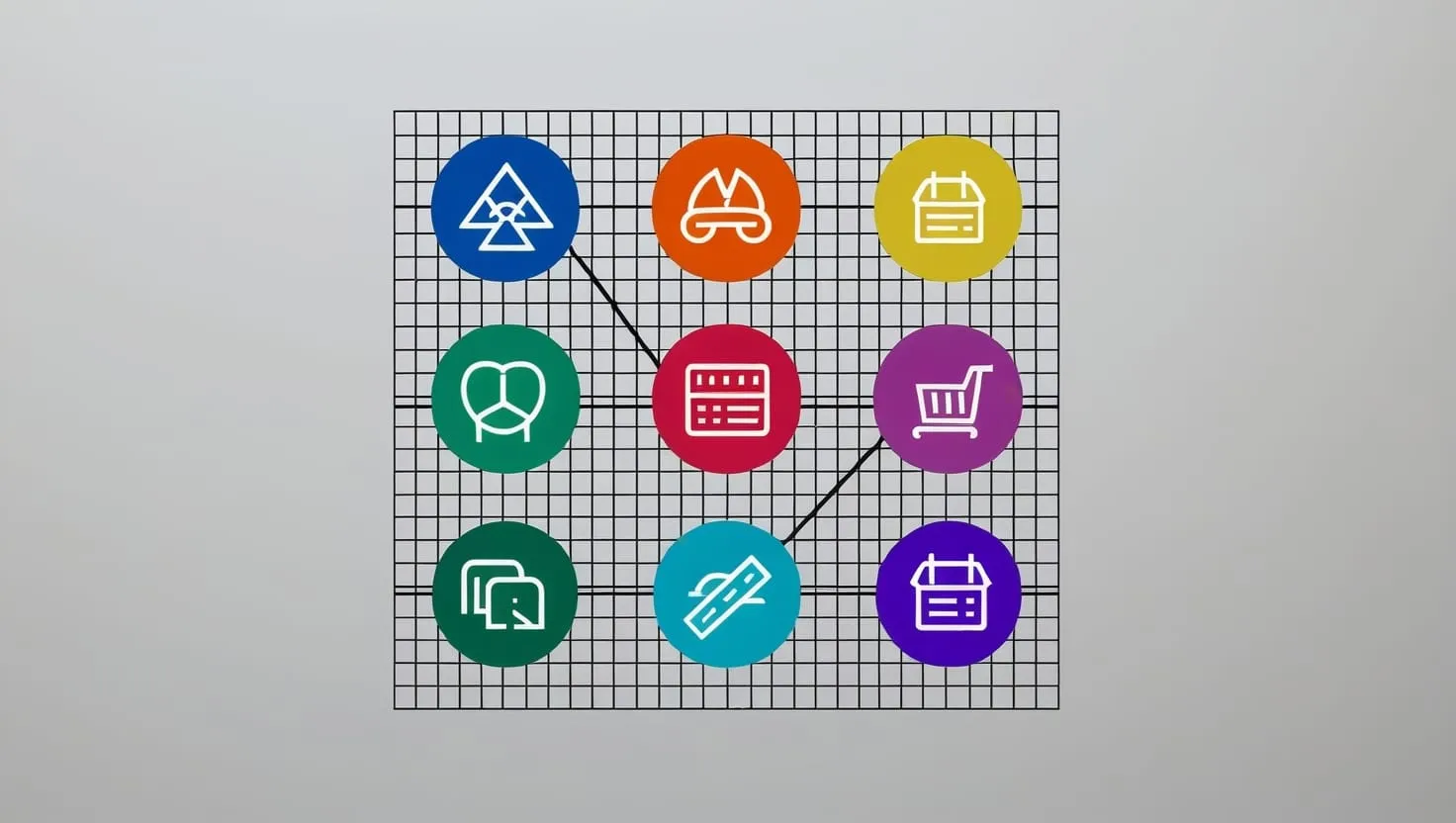When we think about success, we often attribute it to individual talent and hard work. However, Malcolm Gladwell’s book “Outliers” challenges this simplistic view by delving into the complex array of factors that contribute to exceptional achievement. Here are six key principles from the book that offer a more nuanced understanding of what it takes to be truly successful.
The 10,000-Hour Rule: A Path to Mastery
The idea that mastery requires extensive practice is perhaps one of the most well-known concepts from “Outliers.” Gladwell popularized the “10,000-Hour Rule,” which suggests that to become truly proficient in any field, one must dedicate an enormous amount of time to practice. This is not just about mindless repetition; it’s about guided, focused practice that refines skills over time.
Consider the Beatles, for example. Their rise to fame was not just a result of innate talent, but also the thousands of hours they spent performing live in Hamburg, Germany. This extensive practice honed their skills to a level that set them apart from other bands. Similarly, Bill Gates’ access to a computer at a young age allowed him to accumulate thousands of hours of programming experience, laying the foundation for his future success.
Opportunity Recognition: Timing and Context
Success is often a matter of being in the right place at the right time. Gladwell highlights how timing and context play a crucial role in opportunity recognition. For instance, the birth dates of Canadian ice hockey players reveal a surprising pattern: a disproportionate number are born in the first few months of the year. This is because the cut-off date for youth hockey leagues is January 1, giving those born earlier in the year a physical and developmental advantage over their younger peers.
This principle extends beyond sports. Entrepreneurs, for example, often succeed because they are able to recognize and capitalize on opportunities that others might miss. It’s about having the right combination of prior knowledge, social networks, and entrepreneurial alertness to spot and seize opportunities as they arise.
Cultural Legacy: The Power of Background
Our cultural background and upbringing significantly influence our achievements. Gladwell argues that understanding where successful people come from is just as important as understanding what they are like. Cultural legacies can provide unique advantages or disadvantages that shape an individual’s path to success.
For example, the cultural emphasis on education in certain Asian societies contributes to the high achievement levels in mathematics among Asian students. Similarly, the strong family and community support systems in some cultures can foster an environment that encourages hard work and perseverance.
Practical Intelligence: The Importance of Social Skills
While intellectual intelligence is often celebrated, “practical intelligence” – the ability to navigate social situations effectively – is equally crucial for success. Gladwell illustrates this through the story of Christopher Langan, a man with an exceptionally high IQ who struggled to achieve success due to his lack of social skills.
In contrast, individuals like Bill Gates and Joseph Flom, who built Skadden, Arps, Slate, Meagher & Flom into one of the most successful law firms in the world, demonstrate how practical intelligence can be a key differentiator. Their ability to interact with people, build relationships, and navigate complex social dynamics was instrumental in their success.
Meaningful Work: The Triad of Autonomy, Complexity, and Reward
Meaningful work is a cornerstone of satisfaction and success. Gladwell suggests that work should offer autonomy, complexity, and a balance between effort and reward. When these elements are present, individuals are more likely to find their work fulfilling and engaging.
Autonomy allows individuals to take ownership of their work, making decisions and directing their own projects. Complexity keeps the work interesting and challenging, preventing boredom and stagnation. Finally, a clear effort-reward balance ensures that hard work is recognized and valued, motivating individuals to continue striving for excellence.
Cumulative Advantage: The Power of Small Differences
Small initial differences can lead to significant long-term gains, a concept Gladwell refers to as “cumulative advantage.” This principle is evident in various fields, from sports to business. For instance, a child who starts playing soccer a year earlier than their peers may have a slight advantage in terms of skill development. Over time, this small advantage can compound, leading to significant differences in performance.
In the business world, companies that gain an early advantage in the market can leverage this to secure more resources, attract better talent, and expand their customer base, further solidifying their position.
Applying the Principles
So, how can you apply these principles to your own life? Start by dedicating time to skill development. Whether it’s learning a new language, mastering a musical instrument, or honing your coding skills, the 10,000-Hour Rule emphasizes the importance of consistent practice.
Stay alert to opportunities and recognize the timing and context that can make or break your chances. Understand your cultural influences and how they might be shaping your path. Improve your social skills – they are just as valuable as your intellectual abilities.
Seek out work that offers autonomy, complexity, and a fair reward for your efforts. And finally, leverage small advantages to your benefit. Recognize that success is not solely about individual merit or hard work, but about the complex interplay of these and other factors.
By embracing these principles, you can set yourself on a path to success that is both fulfilling and sustainable. It’s not just about what you do, but also where you come from, the opportunities you seize, and the skills you develop along the way. Success, in the end, is a multifaceted journey that requires a holistic approach.





